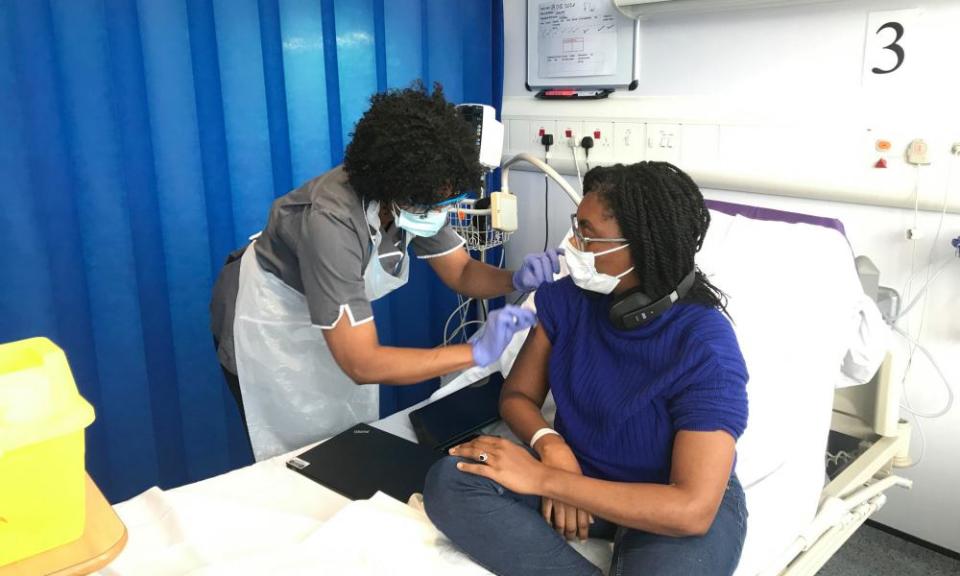UK to require ethnicity on birth certificates to help tackle Covid-19

The government is to make the recording of ethnicity on birth certificates mandatory in an effort to tackle the unequal impact of Covid-19 on people from minority ethnic groups.
A series of measures to better understand why people from ethnic minorities are more likely to contract Covid-19 and die as a result are due to be put in place, after the prime minister accepted recommendations from the government’s Race Disparity Unit (RDU) advisory group.
Making the recording of ethnicity mandatory on birth certificates was “the only way of establishing a complete picture of the impact of the virus on ethnic minorities”, according to the first quarterly report on progress to address Covid-19 health inequalities.
The recommendations also include a £25m fund for “community champions” to “communicate public health messages with credibility and impact among those less likely to trust or respond to government sources”, according to the report. Part of this money, to be given to councils to spend, will include recruiting “existing influencers” and “micro-influencers” on a local level “for more targeted communications” as well as providing funding for voluntary and community groups.
The report is also expected to result in an update of the “shielded patient list” in line with “improved knowledge of the factors that put people at greatest clinical risk”.
In June Public Health England’s report on Covid-19 deaths confirmed that the risk of dying among those diagnosed with Covid-19 was higher in those in BAME groups than in white ethnic groups. After accounting for the effect of sex, age, deprivation and region, it found that people of Bangladeshi ethnicity were at most risk, with about twice the risk of death compared with people of white British ethnicity. People of Chinese, Indian, Pakistani, other Asian, Caribbean and other black ethnicity had between 10% and 50% higher risk of death when compared with white British.
The minister for equalities, Kemi Badenoch, called the report “an important first step” in understanding and tackling the disproportionate impact of Covid.
Access to the latest public health information and protections should be available to everyone and to “ensure that is the case, we have invested in a strong package of measures to target messaging, develop the data we have available and make sure everyone is as safe as possible at home or in the workplace”, she said.
The RDU has also said government departments should work “at pace” to develop policies to mitigate Covid-19 disparities.
The IPPR thinktank, whose research with the Runnymede Trust found that almost 60,000 more deaths involving coronavirus could have occurred in England and Wales if white people faced the same risk as black communities, said the measures did not come close to what was required.
“Failure to act quickly will lead to thousands of unnecessary deaths during this second wave,” said Dr Parth Patel, an IPPR research fellow and an A&E doctor. He said the government needed to stop procrastinating when it came to people’s lives.

 Yahoo News
Yahoo News 